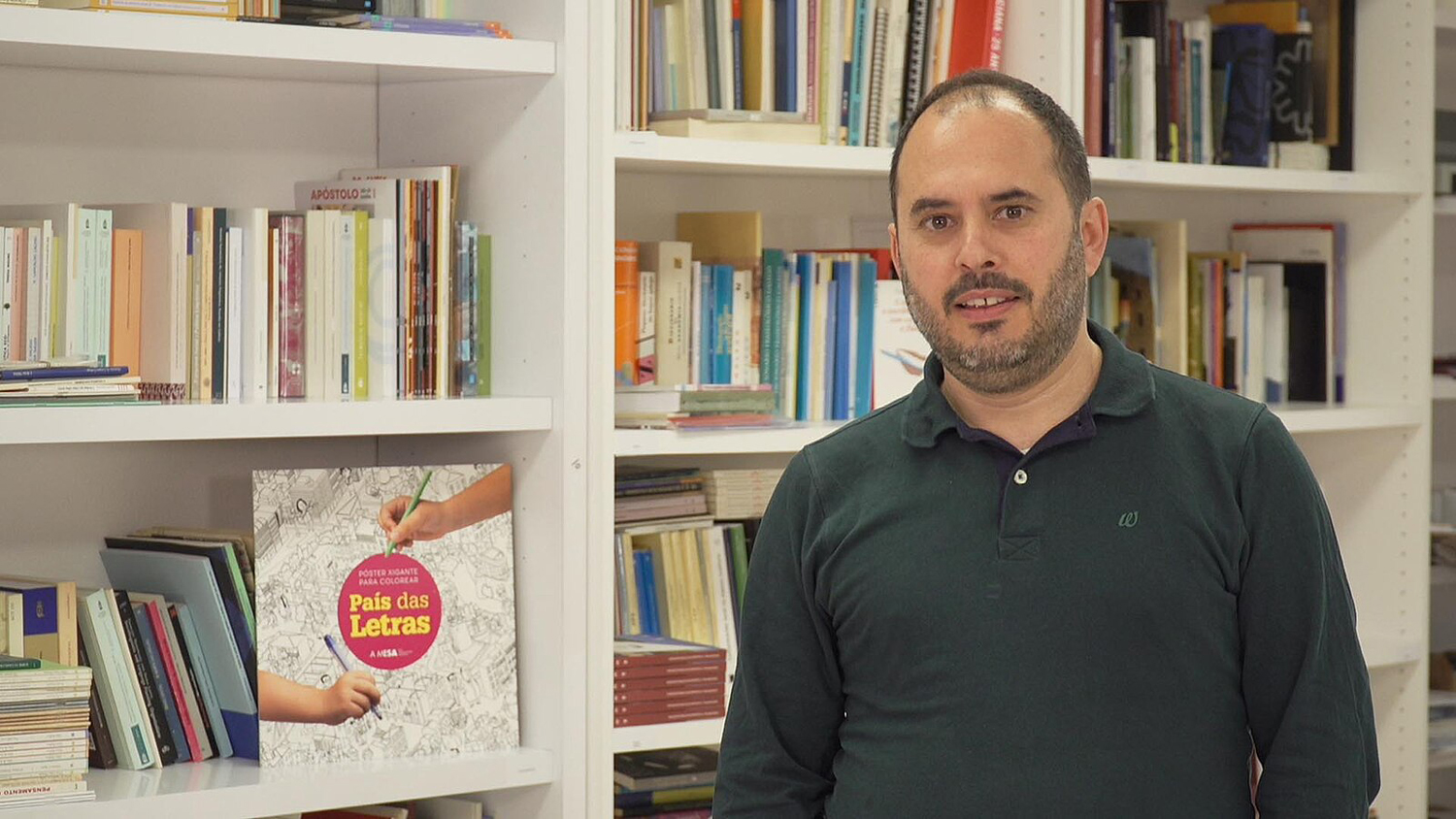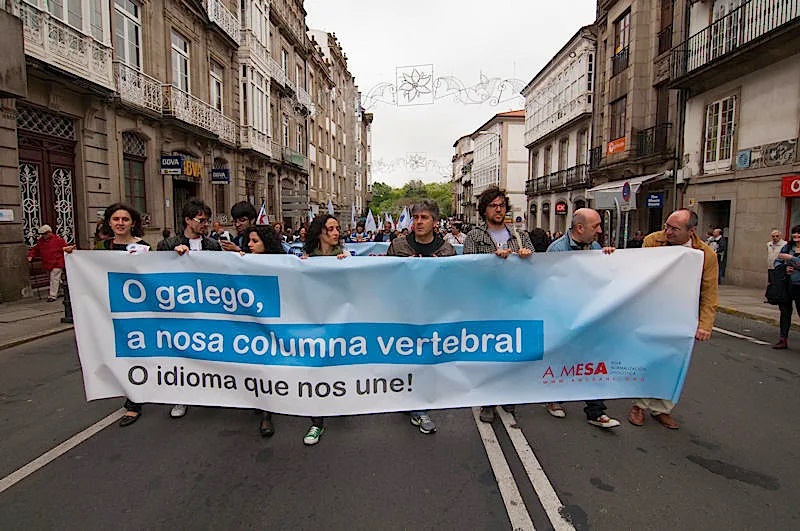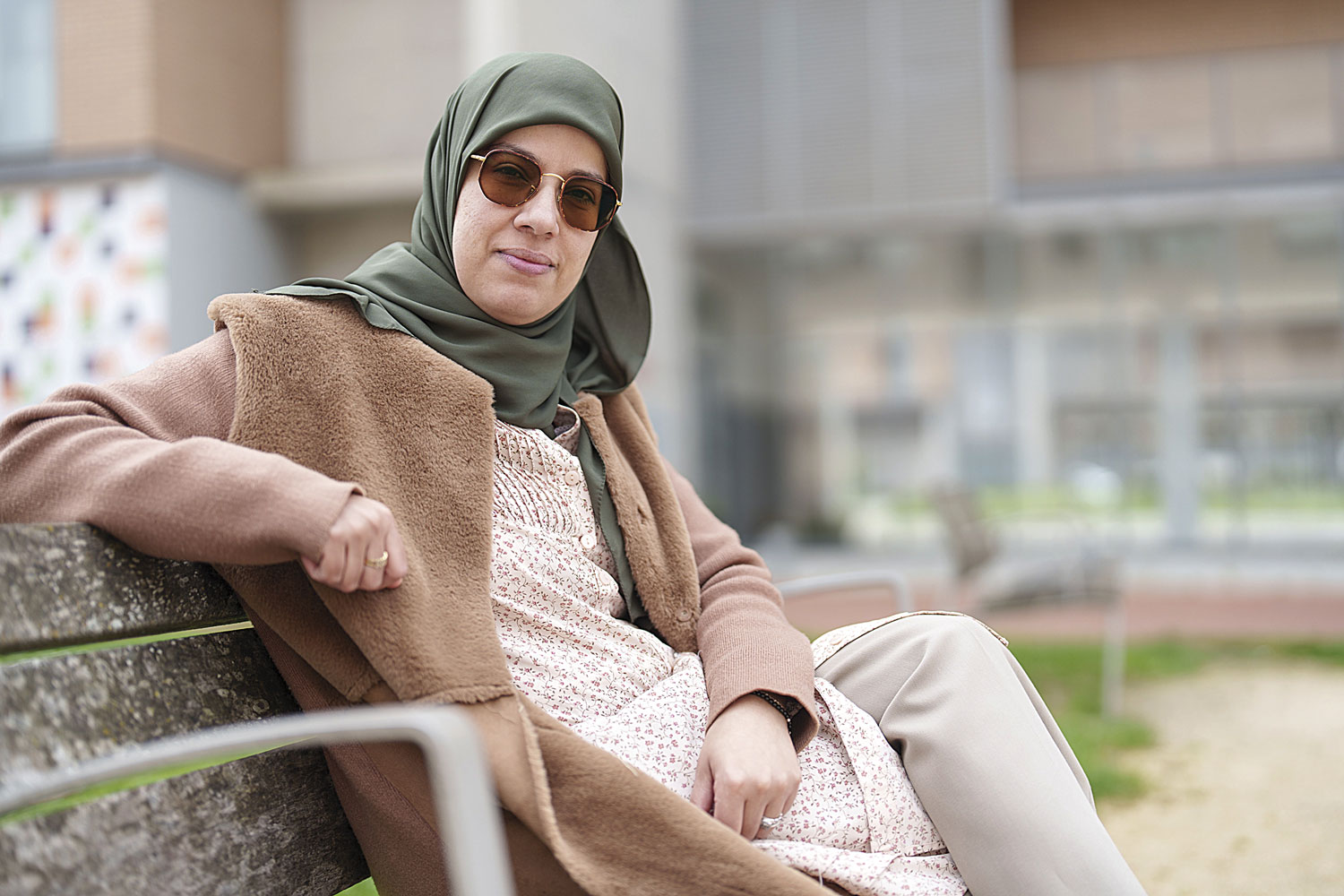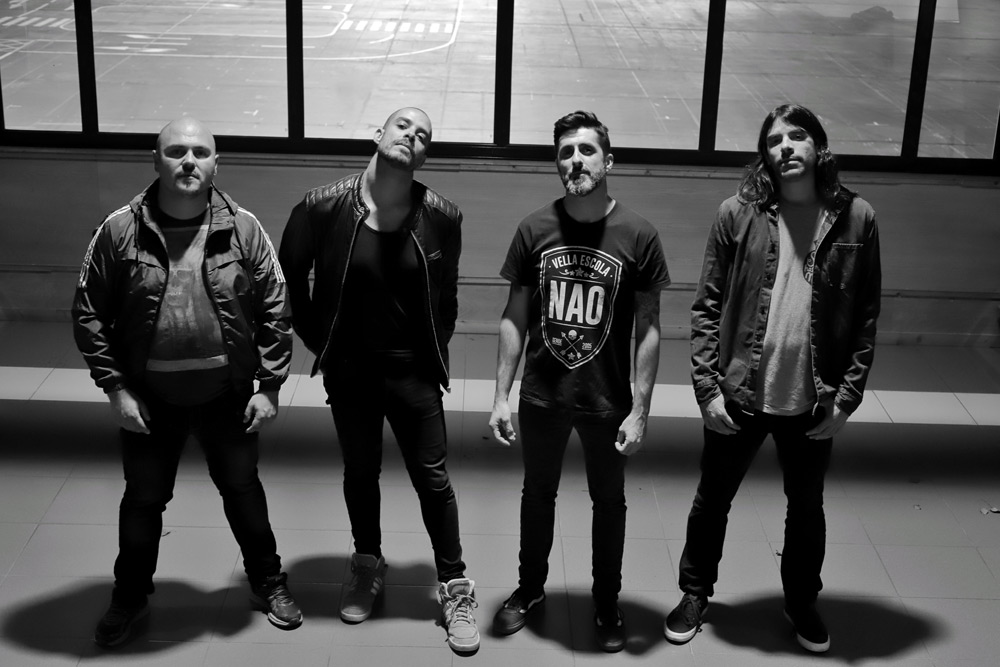Spanish-speaking students 48 hours in Galician
- These students are from the public school María Casares, in the Galician municipality of Oleiros. Of the 600 students between 12 and 17 years of age, none have a regular and Galician language. In May, there was a challenge between teachers and students: to see if we are able to speak in Galician 48 hours. More than 200 students have participated in it and have found more Galician speakers than was thought about them.
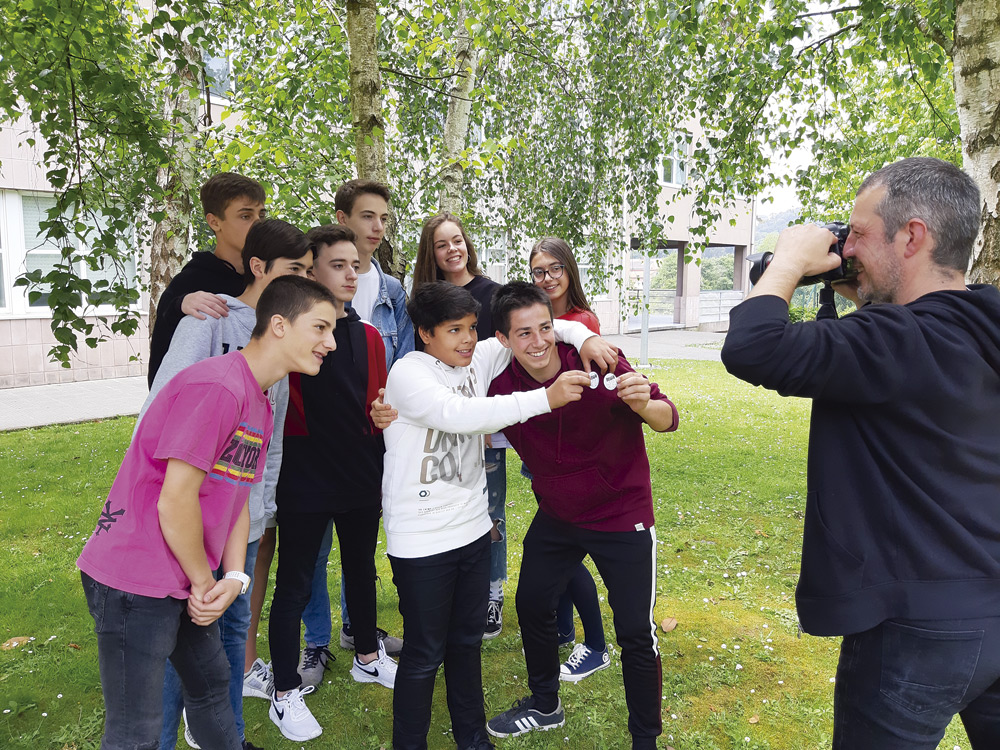
The municipality of Oleiros, in the province of A Coruña, has very special characteristics. The population of 35,000 is located very close to the city of A Coruña. It is an urban space, but it fulfills bedroom functions. It has one of the highest per capita incomes in the Spanish State. The public school María Casares, which welcomes 600 students who speak fully Spanish, is there.
Professor Nel Vidal has just completed his first course in that centre and has noticed a huge difference compared to the previous year. He had previously taught classes on the Costa da Morte, almost all the students spoke Galician, they spoke the language of day to day. Oleiros, on the other hand, is an urban area where the average use of Galician is 15%, while in the worst case it is 10%. Oleiros surpasses all brands, nobody at Maria Casares school has a Galician language.
Also outside the center
The teachers had the idea of taking the challenge and the students took the necessary steps to realize the project. The faculty, the students and the rest of the staff of the center participated. It was held on 14 and 15 May. The main objectives can be summarised in two. On the one hand, encouraging use, students realizing they're able to do it in Galician, they don't use it, but they do have capacity. On the other hand, making students see that Galician is hidden, that adults don't do it to children either, but that doesn't mean there aren't people who know about Galician around them. They're going to ask the students to try, to do it in Galician, and they're going to realize that many of them respond in the same language.
Hoxe falo galego (today I will do it in Galician) was put on the chest by the students, as has been done here in several projects in recent years. The main goal was not to be identified, but to remind the student that he had to do it in Galician for two days. The challenge was to make it Galician throughout the day out of school. The initial idea was to create just that role, but the students who participated in the organization group were scared. In his opinion, it would be very difficult for some students to keep the Galician at home, in the sports society... everywhere. Therefore, at the request of the students created the role of ProGalego, and those students were going to focus the challenge on the centro.El commitment of others was called ProGalegoPlus. To the surprise of the students, 90% of the 200 students who participated in the test chose to try to do it in Galician for 48 hours in all areas of life.
Poems by .jpg) Federico García Lorca also in Galician
Federico García Lorca also in Galician
In Galicia, in the public school, they have no model D, that is, they have no option to study all the subjects in Galician. At Colegio María Casares there are two types of molds. 20% of students have a third in Spanish, a third in Galician and a third in foreign language (almost all in English and a few in French). 80% have just over a third in Galician and everything else in Spanish. We have said that the whole community of the center participated in the challenge, including the professor, who, during those two days, exceptionally, taught his subjects in Galician. In addition to working in this language, they worked on themes related to Galician, such as music groups that today work in Galician. The subject of the Spanish language was also taught in Galician and the poems that the poet García Lorca wrote in Galician were analyzed.
If you find out about your mistakes!
The organization had the participation of the Linguistic Normalization Group of the center, faculty and students. They are very satisfied with the results obtained. Some 50 participants were expected and 200 signed the language commitment contract. In addition to engaging and dressing in veneer, they believe that most students have been seriously meeting the challenge. All of them have gathered, in writing or in video, their experiences and reflections. Professor Nel Vidal has summarized the most significant reflections and those made by the majority: “The students said or thought that nobody here does it in Galician, so they cannot do it in Galician. In two days, they've realized it's a lie, and a lot of people are able to talk about Galician. The students didn't speak to them in Galician, so no one answered them in Galician. They were surprised and gave examples such as: ‘I went to the bakery and realized that the baker knows Galician. I went to the cafeteria and he answered me with Galician...’” The language that was hidden has come to light. Another thing that surprises the students is that they start in Galician and people don't say anything special, either positive or negative. One participant has set the following example: “I got up in the morning and thought about doing the test. To my father, who I never do in Galician, I did it in Galician and he answered me in Galician, very natural, without saying anything.”
Two-day challenge performed by a single school center. However, the journalist had a major impact on the media. Vidal wants to make it clear that they have not invented anything new, but have focused on the projects of Euskal Herria and on the project 21 days co galego (started at Pobra do Caramiñal College in 2013) in Galicia. Given these two factors, they have tried to carry out a challenge adapted to the reality of young people who never speak of Galician.
Lagunarekin galizieraz ari zelako gizon batek besoetatik heldu eta demanda egin ziola salatu du emakume batek Lugon. Poliziak erasotzailea identifikatu du dagoeneko. “Gure herrian gure hizkuntza hitz egiteagatik beldur izatea nahi dute, baina ez gara geldituko”,... [+]











